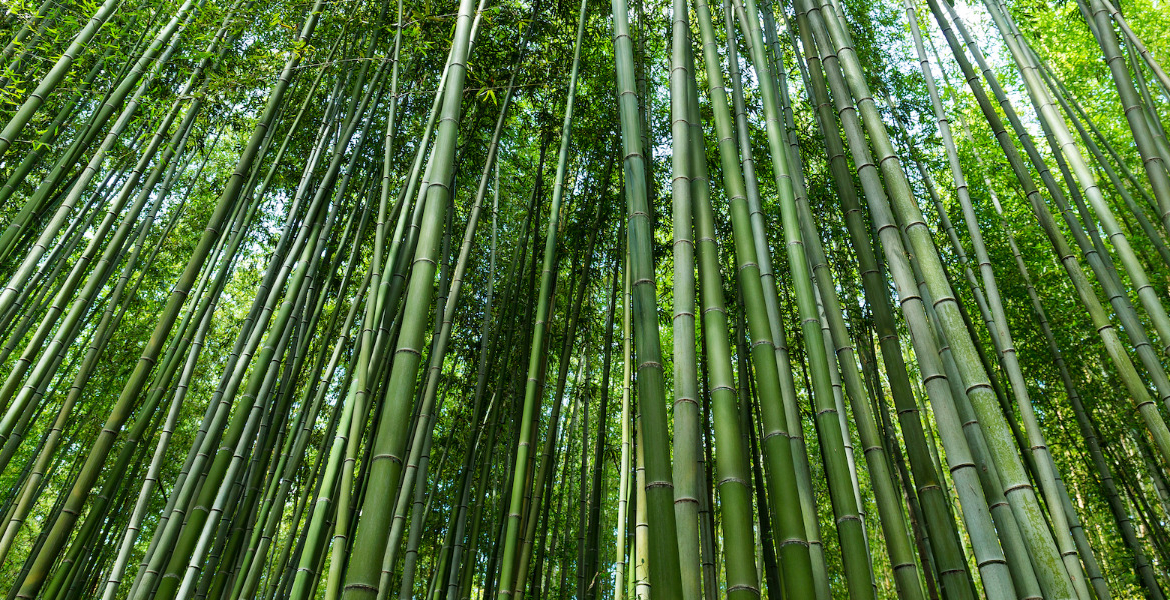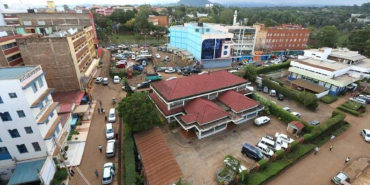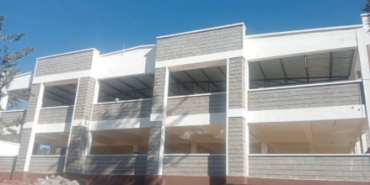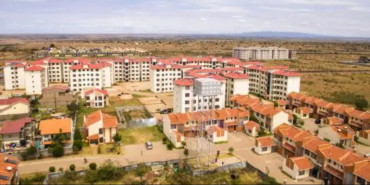Bamboo Revolution: Kenya Moves Toward Eco-Friendly Building Solutions

Kenya is strategically investing in bamboo with the aim of transforming its construction sector and fostering economic empowerment within rural communities.
The move, underpinned by recent legislative shifts and innovative entrepreneurial initiatives, seeks to unlock the significant potential of a resource that has remained largely untapped despite its widespread availability across the country. In a pivotal decision, the Kenyan Parliament officially designated bamboo as a cash crop in September 2020. This legislative milestone elevated bamboo to become the nation's 16th commercially viable agricultural product, signaling a clear intent to stimulate its commercialization and leverage its multifaceted economic benefits for farmers nationwide.
The justification for this classification stems from bamboo's diverse applications, which span furniture manufacturing, interior design, construction, energy production, and environmental restoration. Furthermore, bamboo's exceptional growth rate, with certain species capable of growing up to a meter per day, underscores its appeal as a sustainable and rapidly renewable resource. However, the Bamboo Association of Kenya reports that despite these advantages and the presence of approximately 140,000 hectares of bamboo plantations throughout the country, the plant's potential remains significantly underutilized.
The association attributes this underperformance to a complex combination of factors, including a lack of awareness among farmers regarding bamboo's commercial applications, insufficient processing infrastructure, and underdeveloped market mechanisms. These challenges have collectively impeded the realization of bamboo's economic benefits, leaving numerous Kenyan farmers unable to fully capitalize on their plantations.
In response to this underutilization, "We Do Bamboo," a Kenyan company, is leading a transformative movement toward sustainable construction practices. The enterprise collaborates with local farmers to source and manufacture bamboo-based building materials, offering durable boards, flooring, decking, and beams as eco-friendly alternatives to conventional materials such as timber, concrete, and steel. The company's overarching objective is to mitigate deforestation, reduce carbon emissions across East Africa, and strengthen local supply chains for construction materials.
Arthur de Leeuw, the company's CEO and a driving force behind its vision, shared insights into the firm's mission, the untapped potential of bamboo in construction, and the obstacles that must be overcome to fully realize its application in Kenya. De Leeuw's inspiration for We Do Bamboo arose from a news report he encountered in the Netherlands, highlighting the burgeoning bamboo farming industry in Portugal. Intrigued by the possibilities, he researched the broader applications of bamboo and discovered that Kenya, despite its abundant bamboo resources, had yet to fully exploit its potential.
"Kenya, like many other countries, relies heavily on imported construction materials, placing a strain on both the environment and the economy," de Leeuw explained. "I realized that by harnessing bamboo, we could reduce this dependency, generate employment opportunities, and fundamentally transform construction practices, all while contributing to a more sustainable future."
We Do Bamboo operates on a comprehensive "forest-to-market" model, cultivating strong relationships with local farmers to ensure the quality and sustainability of their bamboo supply. The company utilizes advanced technology to process the raw bamboo, meeting the rigorous requirements of Kenya's varied climates. However, their commitment extends beyond product development, encompassing community empowerment, job creation, and the promotion of sustainable farming practices.
"Our vision is to establish bamboo as a mainstream choice in the Kenyan market, reducing the environmental impact of construction while supporting local communities," de Leeuw emphasized. "We believe Kenya is ready for a thriving bamboo industry, and we aim to bring this to life locally, reducing Kenya's reliance on imports and increasing local production."
The company's initial product offerings will feature Bamboo Plastic Composites (BPC), an innovative material combining bamboo fibers with recycled plastic composites. This blend will be used to produce decking, cladding products, and decorative wall panels, providing a durable, low-maintenance alternative to traditional materials. As production scales up, We Do Bamboo plans to expand its range to include more conventional bamboo products such as laminated boards and beams.
According to de Leeuw, bamboo compares favorably to traditional construction materials in terms of performance. While the initial cost of bamboo-based products like BPC cladding and decking may be slightly higher than more affordable softwoods, de Leeuw emphasizes that they are often comparable to or even cheaper than premium hardwoods. Moreover, bamboo's exceptional durability and longevity, with products lasting 15 years or more, translate to significant long-term cost savings, as they require less frequent maintenance and replacement compared to wood.
The environmental benefits of bamboo, as a rapidly renewable resource that reduces deforestation, further enhance its appeal. As the bamboo industry matures in Kenya, de Leeuw anticipates that economies of scale will reduce production costs, making eco-friendly bamboo products more accessible and affordable.








Add new comment